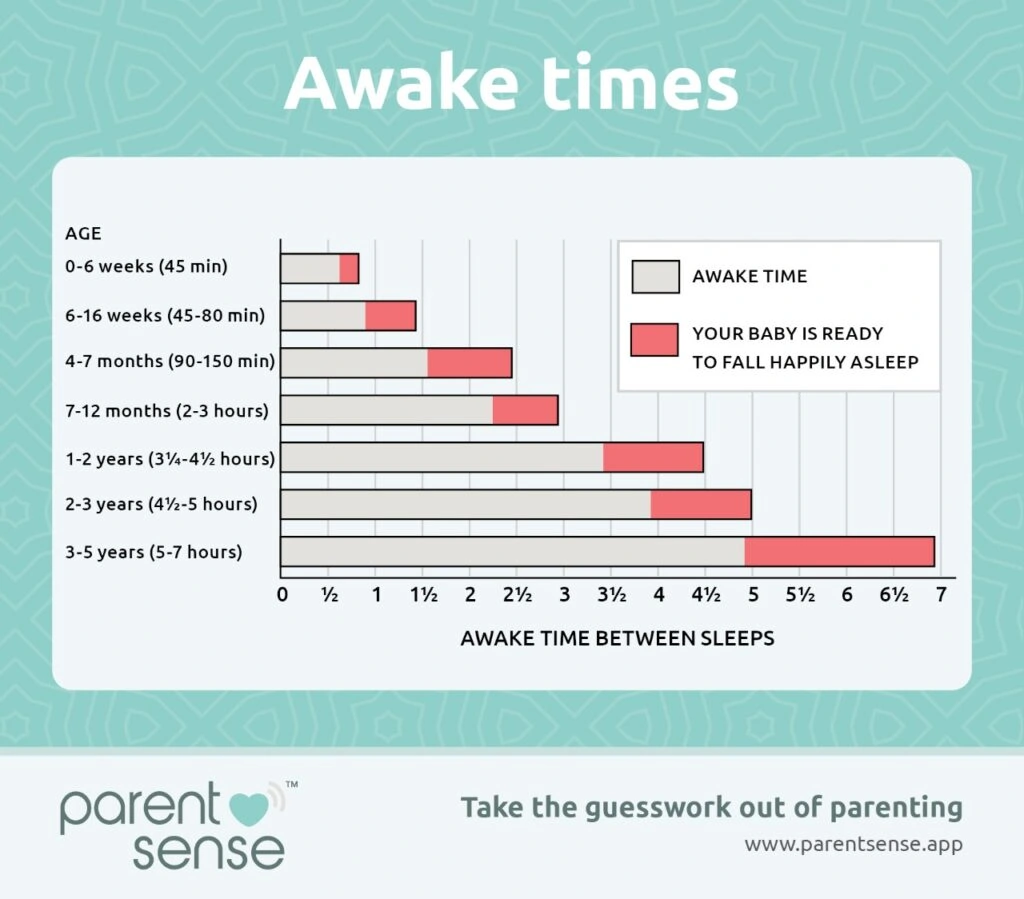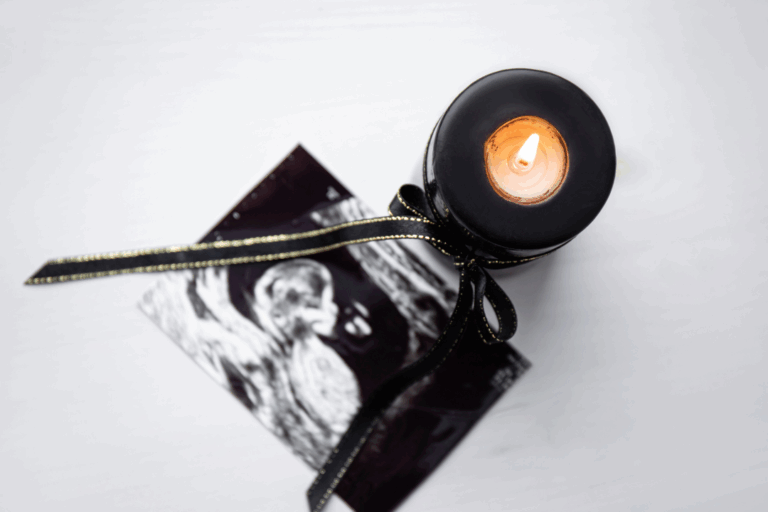Baby Awake Times is one article that I know will save you a lot of confusion and frustration as a parent. In my clinical practice as an Occupational Therapist specialising in fussy babies with sleep problems, I believe it’s fundamental that every new parent knows about the theory of baby awake times. I’ll also share with you some tips on how to determine the ideal awake windows for your baby.
What are Baby Awake Times?
Baby awake times refer to the period of time between naps when your baby is awake and active. These awake times vary depending on your baby’s age and individual needs. For example, a newborn’s ideal awake time is 45 minutes. As your baby grows and develops, their awake times will change and expand. A baby’s awake time at 6 – 12 months old, for example, is 2 – 3 hours. Knowing ideal awake times can help you to adjust your baby’s routine accordingly.
Why are Baby Awake Times important?
Awake times are important because it helps to ensure that your baby is getting the restorative sleep they need. If a baby is awake for too long between naps, they can become overtired, cranky and have difficulty falling asleep. This can result in short naps and night waking.
On the other hand, if a baby is awake for too little time, they may have trouble settling down for a nap and may not sleep as long as they need to. Finding the right balance between awake time and nap time is key to helping your baby get the sleep they need to grow and develop.
Explaining Baby Awake Times in a nutshell
Even though new parents are usually on board with the idea of a routine, they can doubt their ability to establish and stick to a schedule. But as we talked about above, a baby-centric routine is important to make sure your baby is getting enough sleep and nutrients to grow.
It sometimes helps parents to think about the fact that we all have ‘awake times.’ These are optimal times that we can be awake before becoming drowsy and falling asleep with ease. Also called our ‘circadian rhythms,’ you will probably notice that as an adult you can be awake and alert for about 6 hours before you could happily grab a siesta (if you had the time to do so!).
Babies and toddlers have much shorter awake times. If not settled to sleep within the window period, they will become overtired. That also means they’re more likely to fight sleep and become dependent on rocking or feeding to sleep. Read more about how to get an overtired baby to sleep.
How to determine ideal Awake Windows for your baby
The ideal awake windows for your baby will depend on their age, sleep needs, and individual temperament – or sensory personality. Here are some general guidelines for awake times based on age:
Newborns (0-3 months): Awake times for newborns are short, typically around 45 minutes to an hour. Newborns need to sleep a lot, up to 16-17 hours a day.
3-6 months: As your infant grows, their awake times will increase, but still be relatively short. Aim for 1-2 hours of awake time between naps.
6-12 months: By this age, your baby’s awake times will be longer, usually around 2-3 hours between naps.
1-2 years: Toddlers need around 11-14 hours of sleep in a 24 hour period, including a nap during the day. Awake times will vary, but typically range between 3-5 hours.
It’s important to remember that these are general guidelines, and your baby’s awake times may differ depending on their individual needs. It’s also important to watch for signs of tiredness and adjust your routine accordingly.
Use the chart below to calculate your baby’s awake times:
4 Tips for managing Baby Awake Times
Here are some tips for managing your baby’s awake times:
- Watch for signs of tiredness: Pay attention to your baby’s behavior and watch for signs of tiredness such as rubbing their eyes, yawning, or fussiness. When you notice these signs, it’s time for a nap.
- Stick to a routine: Establish a consistent nap schedule and stick to it as much as possible. This will help your baby’s body learn when it’s time to sleep and when it’s time to be awake.
- Keep it quiet and dark: Make sure your baby’s sleep space is quiet and dark to help them settle down for naps.
- Avoid overstimulation: Keep your baby’s awake time calm and low-key to avoid overstimulation, which can make it difficult for them to fall asleep.
Awake times are an important part of ensuring a happier, calmer, well rested baby. By paying attention to your baby’s individual needs and following these guidelines, you can help your baby establish a healthy sleep routine that will benefit them for years to come.
For a flexible routine you can tailor to your baby, subscribe to Parent Sense – the all-in-one app that takes the guesswork out of routine and parenting.





